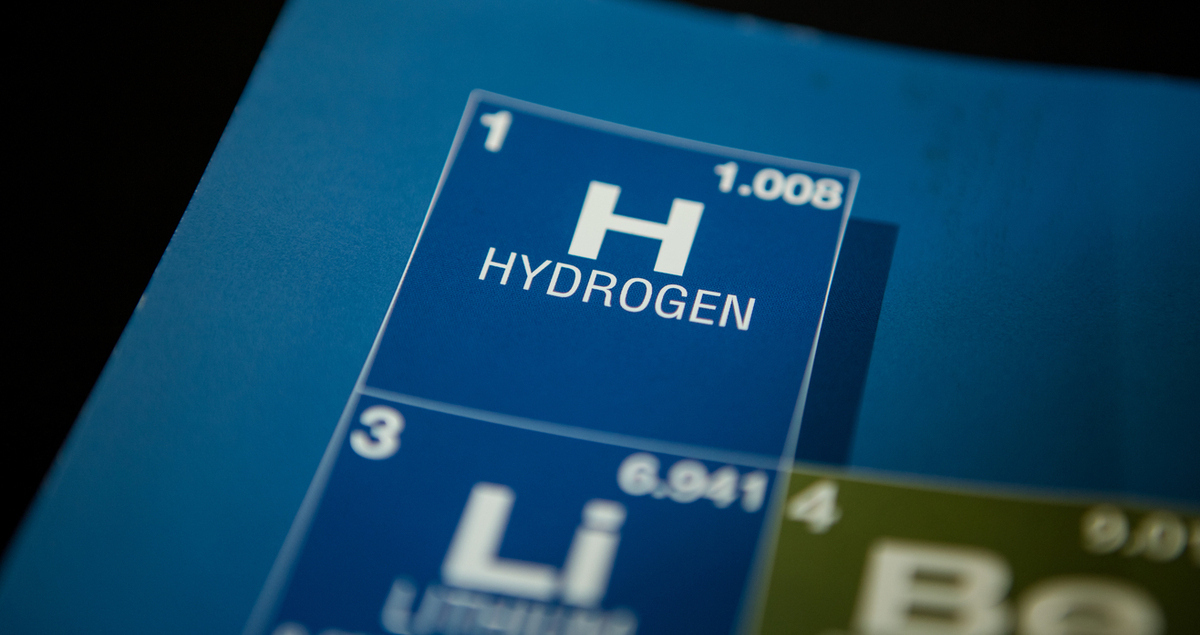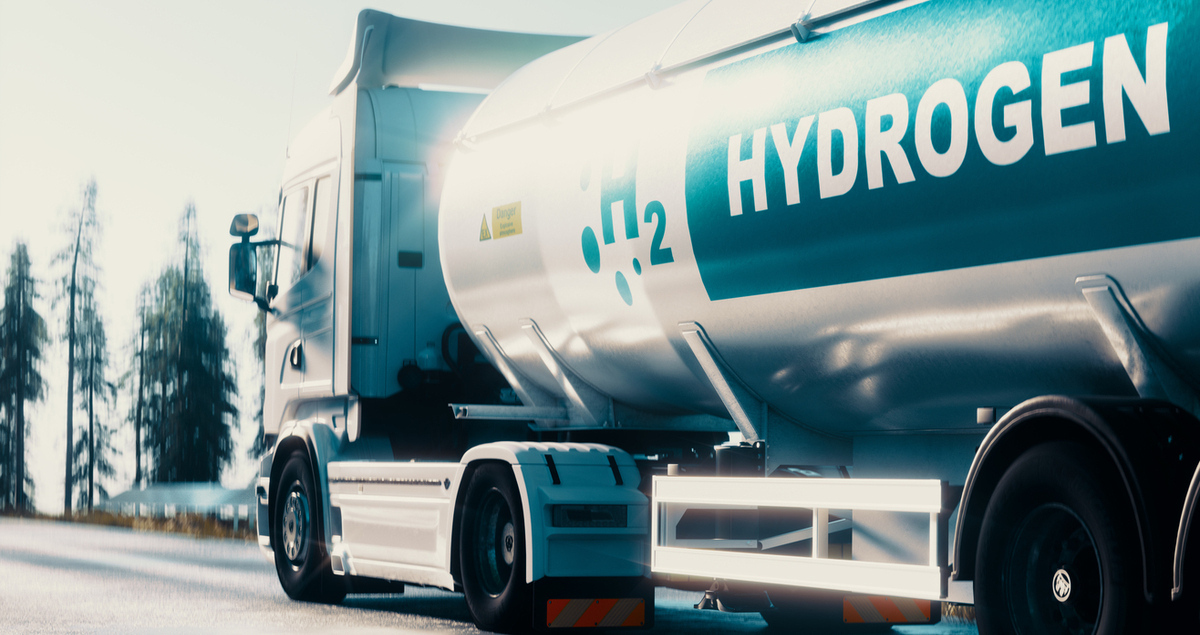Hydrogen’s triple promise: storage, security, decarbonization

Within the space of a few years, hydrogen has turned from energy industry buzzword into a sustainable solution with the potential to address some of the sector’s key challenges.
Nowhere was this more evident than at CERAWeek, the world leading energy conference in Texas. The event took place in March 2022, overshadowed by geopolitical challenges and surging global oil and gas prices. Issues of energy security and finding ways to switch to cleaner, renewable sources of power were high on the agenda.
And hydrogen was widely discussed as one of the potential solutions to those challenges. Speaking at the event, MHI EMEA Vice President of NEXT Energy Business Professor Emmanouil Kakaras discussed with co-panelists hydrogen’s role as a long-duration storage solution. The panel concluded that hydrogen’s potential as an energy transition fuel goes far beyond its storage capabilities. Here are three core benefits of developing a global hydrogen ecosystem.
An energy storage solution
Hydrogen can harness surplus renewable energy and store it for long durations, to help smooth out intermittency issues, seasonal power supply imbalances or extended periods of wind or solar curtailment.
As renewable energy is generated on a use-it-or-lose-it basis, surplus energy is currently either wasted or curtailed by switching off wind turbines, for example. Hydrogen provides a unique storage solution that can utilize this surplus, which produces no CO₂ emissions when combusted.
Once excess supply of clean energy is converted into green hydrogen, it can power gas turbines and generate electricity as and when required. This sustainable alternative to natural gas and other fossil fuels can be used to generate baseload backup power during periods of peak energy grid demand. It is also suitable for ironing out short- or long-duration intermittency imbalances associated with renewables when there is too little wind or sun to generate sufficient supply.

Boosting energy security
Fuels like green hydrogen that are derived from renewable energy sources can play a vital role in increasing a country’s energy security. Green hydrogen is not subject to the price spikes and energy import disruptions associated with fluctuating global oil and gas markets.
“We’re talking about the introduction of a new element of the energy mix. That’s not the first transformation that the energy mix has overcome, but this is the first one that’s going to happen on non-economic vector fuels,” explained CERAWeek panelist Yuri Freedman, Senior Director of Business Development at Southern California Gas Company.
For countries with abundant renewable resources, using clean energy from wind, solar or other sustainable sources to generate green hydrogen can reduce reliance on imported energy.
“On the one hand we have the value of hydrogen as a substitute fuel. On the other hand, we have the value of hydrogen as storage, which is not priced on thermal dynamics but is priced on the security of supply,” said Professor Kakaras.

Decarbonizing power, industry and transport
Blue hydrogen, generated from fossil fuels using carbon dioxide capture technologies, and green hydrogen from renewables provide cleaner alternative fuel sources than reliance on fossil fuels alone.
Low- and no-carbon hydrogen fuel can help decarbonize hard-to-abate sectors that can’t be easily electrified, including heavy industries like steelmaking and transport markets like shipping and road haulage.
The important factor is to create the legislation, the incentives and the need for carbon-free hydrogen, explained Professor Kakaras. Not just to substitute hydrogen in other sectors, but to open new markets for hydrogen, like power generation, and scale-up clean hydrogen production to bring down prices.
“Decarbonization is the difference between past efforts to introduce hydrogen and this time where I think we will make it,” he told the CERAWeek audience.
“The reason is the need for energy storage, the need to cope with intermittency of renewables and decarbonization.” “Hydrogen can deliver on the needs of humanity to be carbon neutral by 2050, so I think this is the game changer.”
Learn more about How MHI is creating a sustainable future through hydrogen generation




